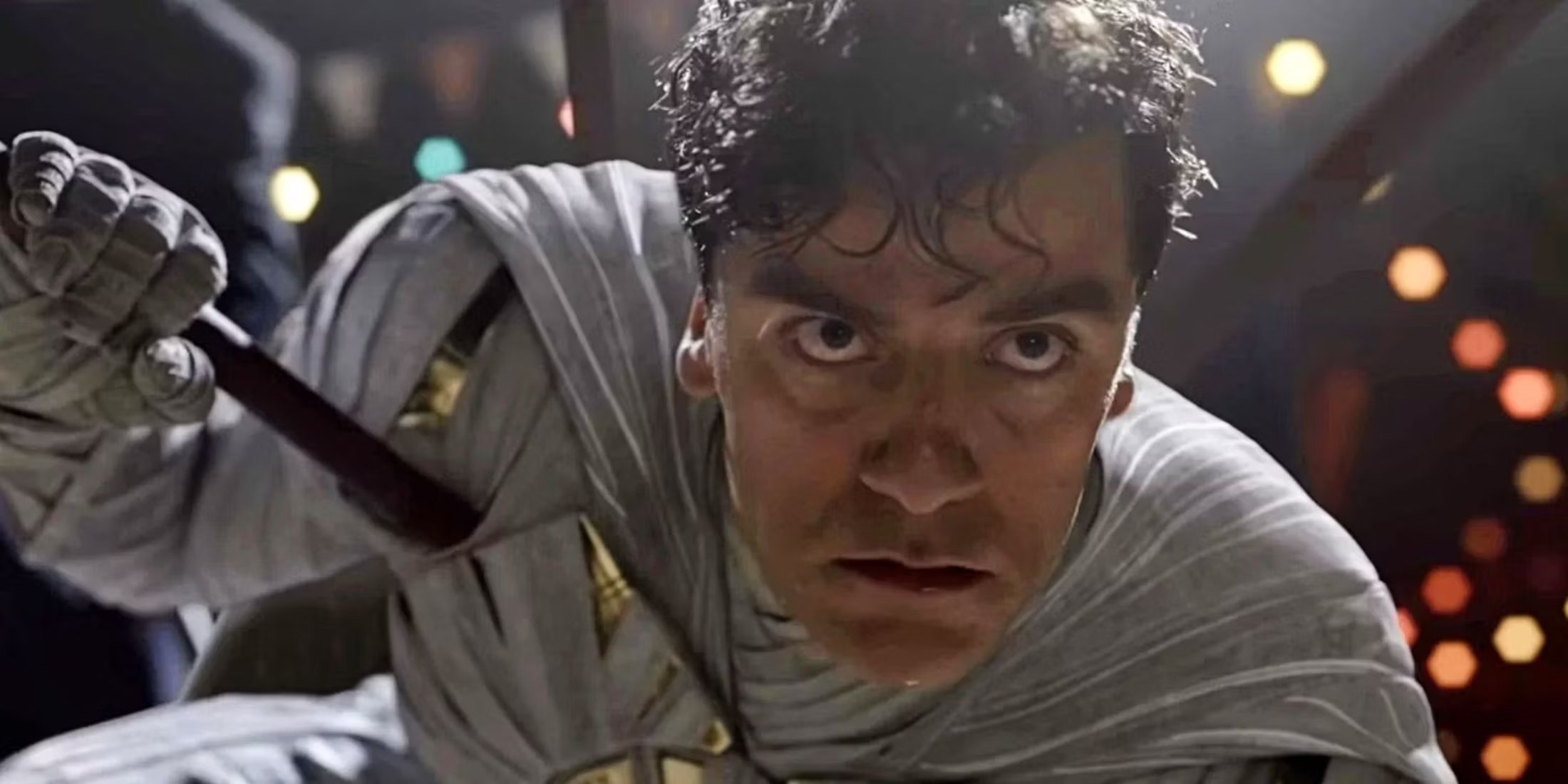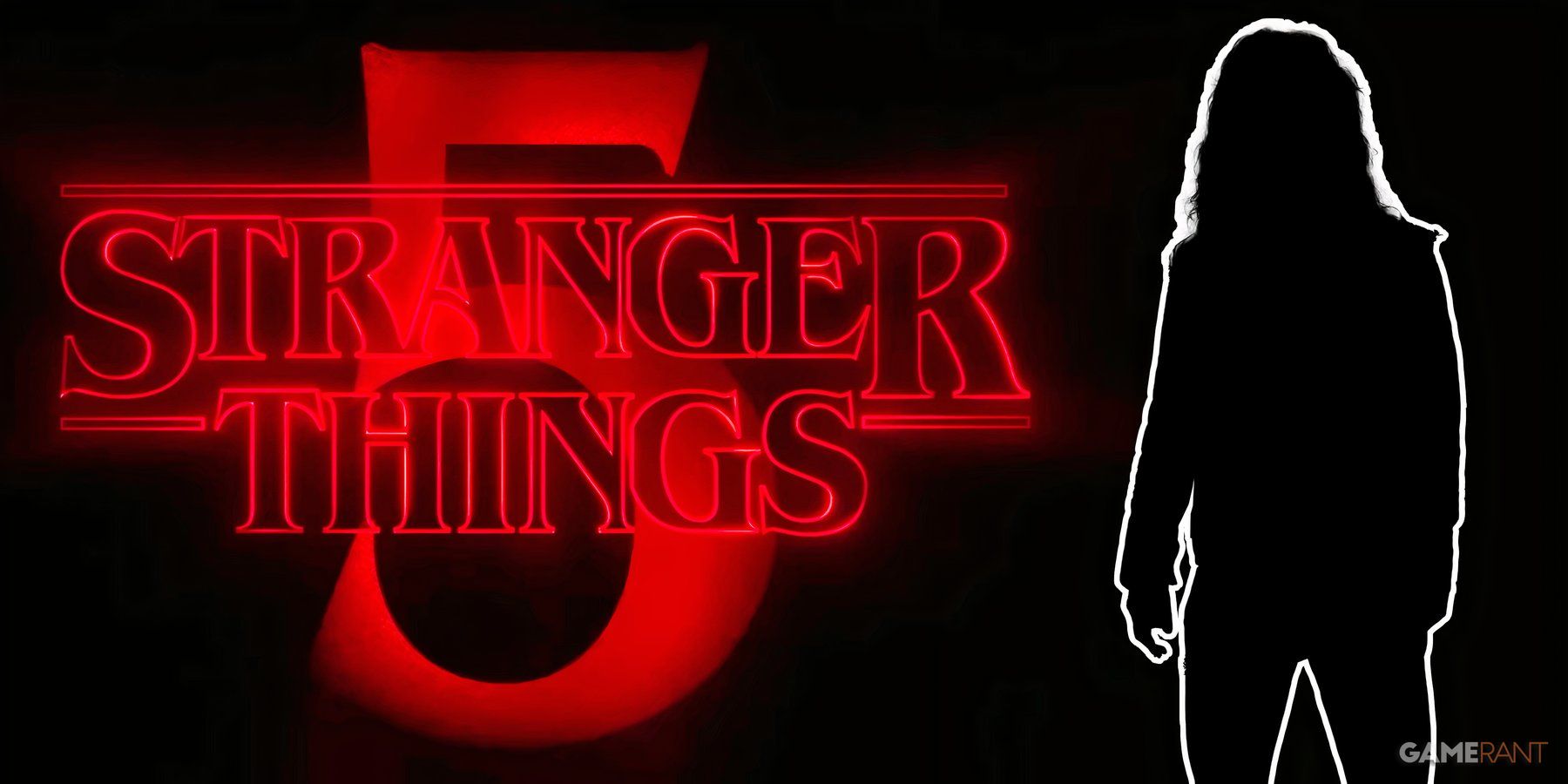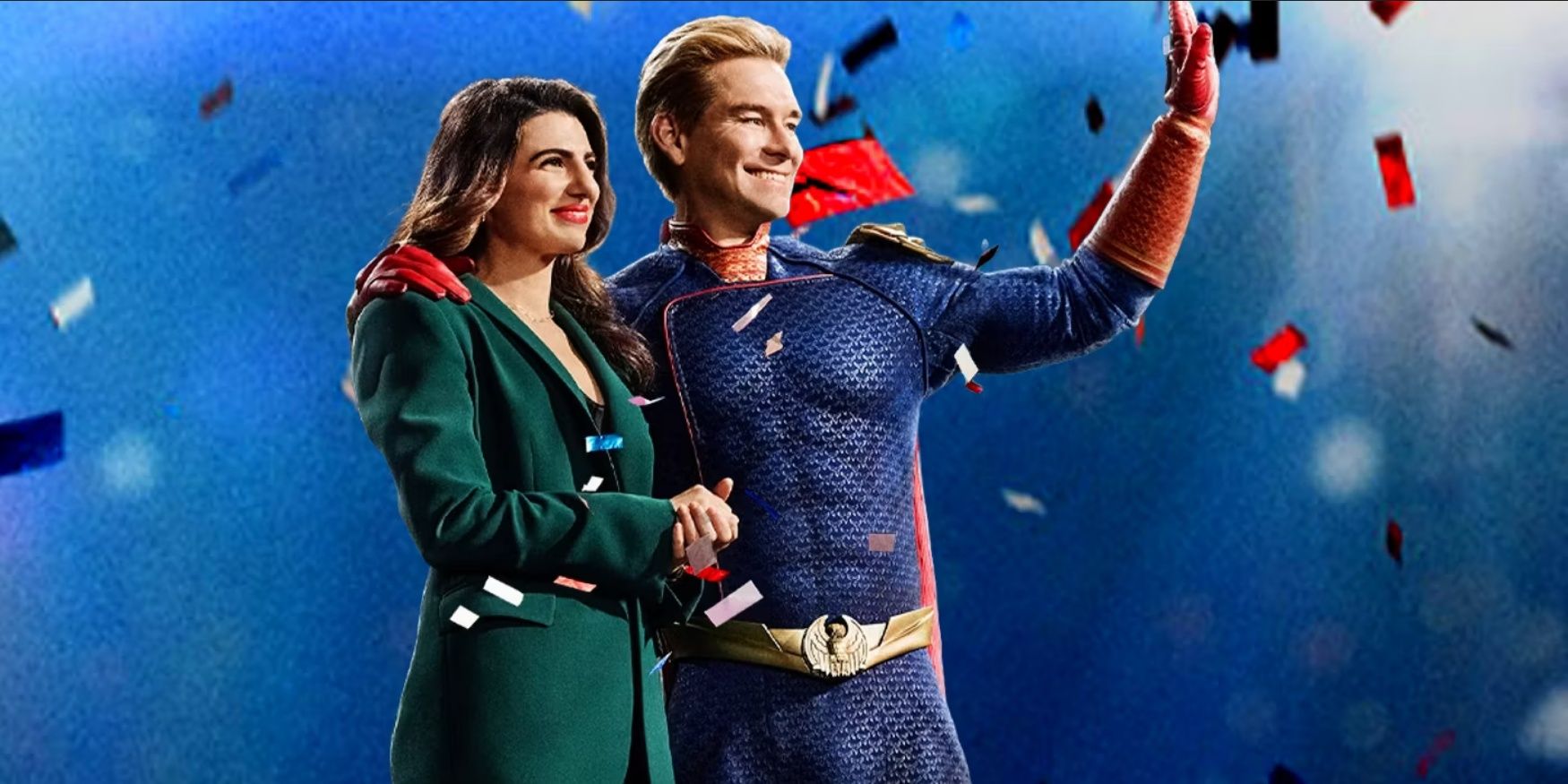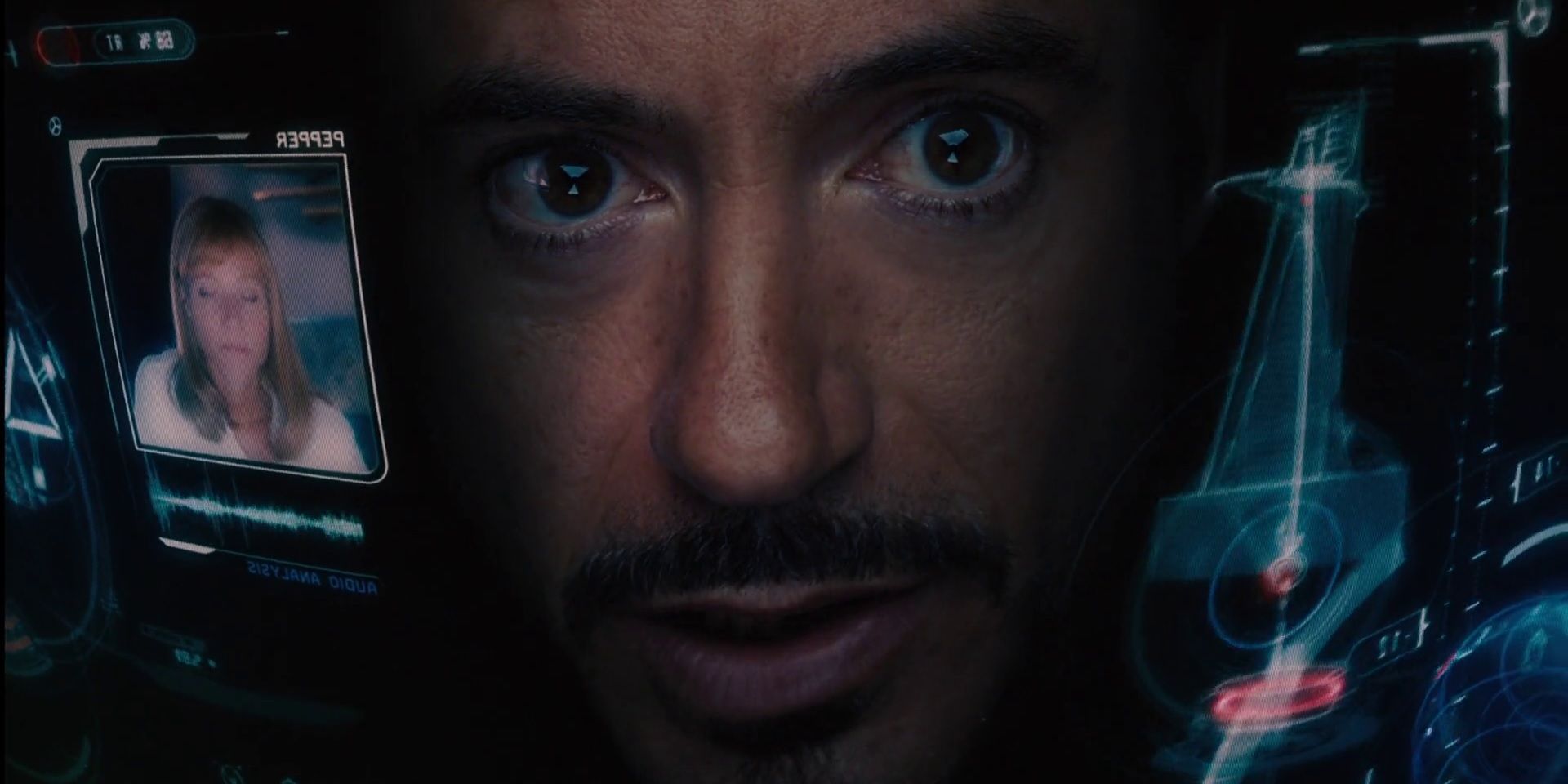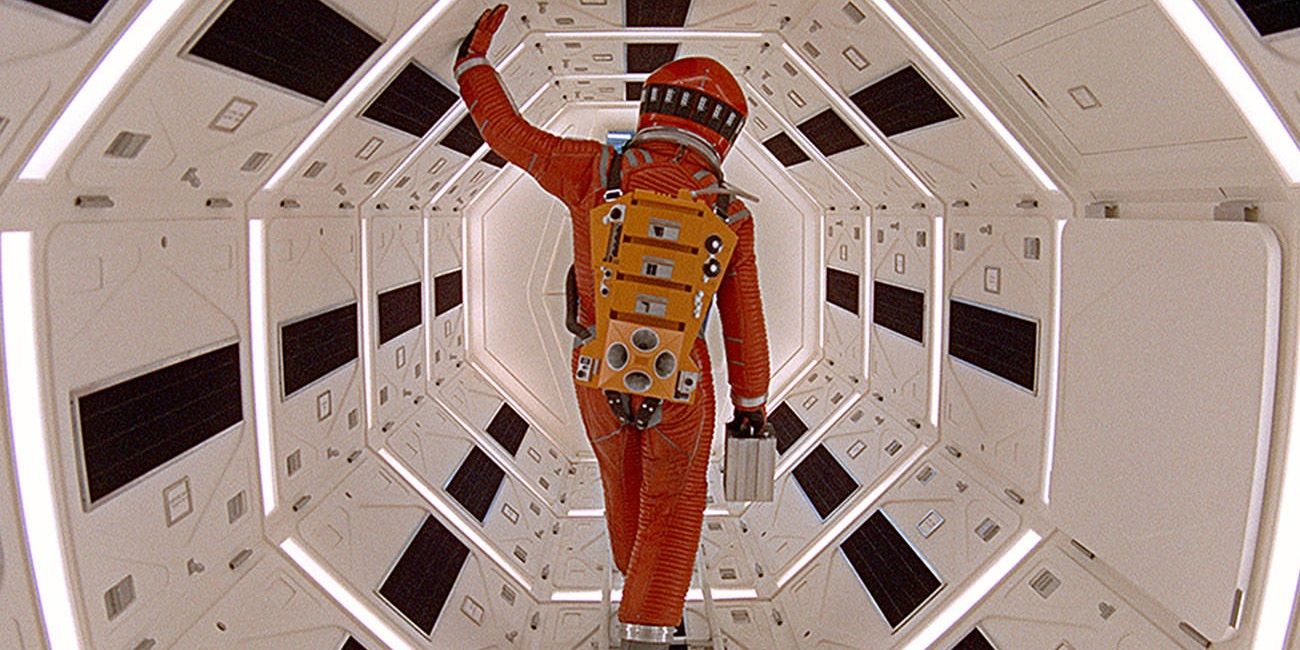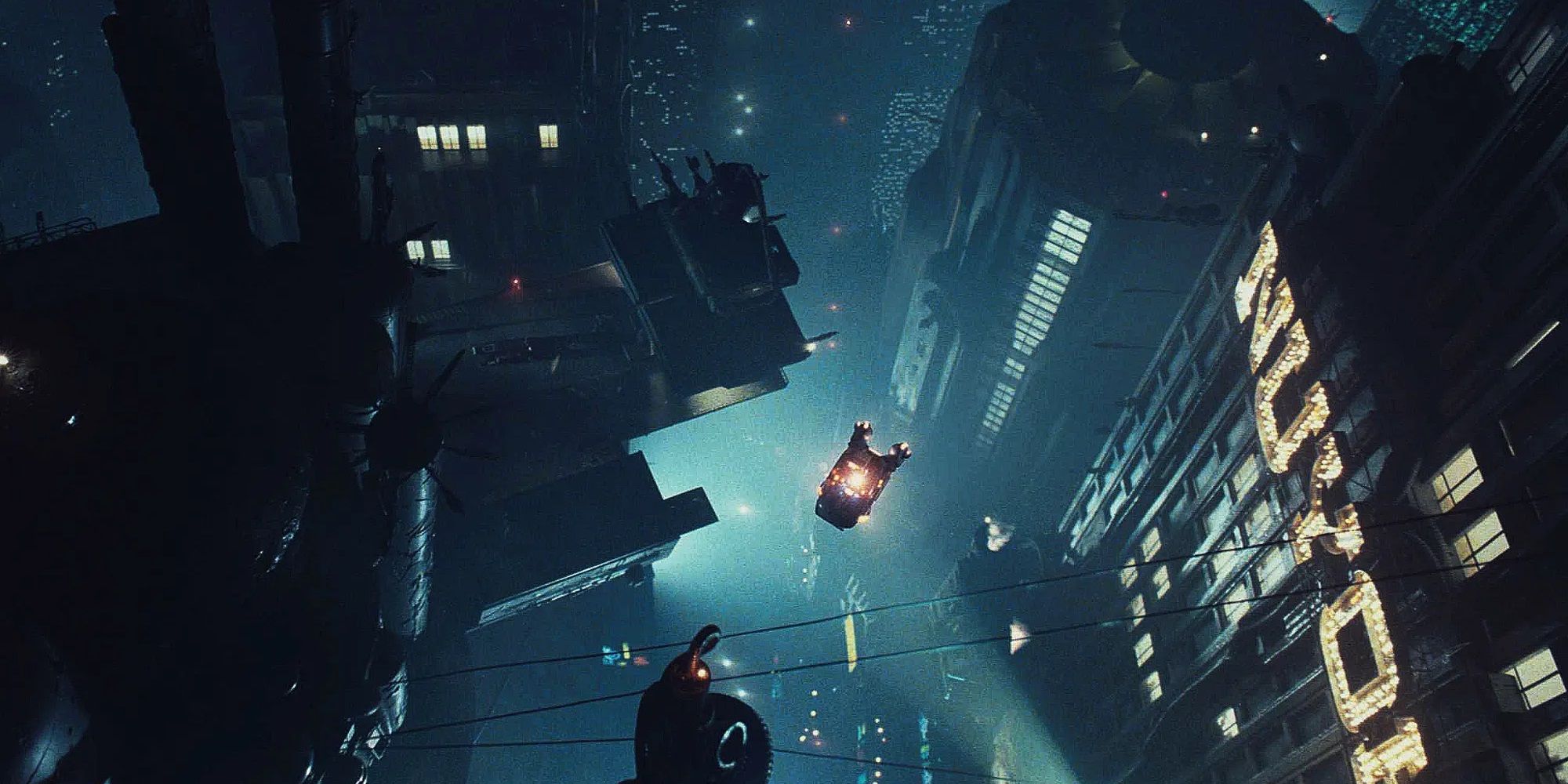The Marvel Cinematic Universe has an interesting relationship with genre. Its entries are typically listed as “superhero movies,” but that category encompasses a lot of different stories and styles. Westerns are set in the West, war movies take place during wars, and superhero movies are about superheroes. Outside of their subject matter, they can tell any story they want. So, do the superhero movies of the MCU qualify as hard science fiction or are they just regular action movies full of sci-fi tropes? Whereas generic comic book movies like Morbius and Black Adam are virtually indistinguishable from one another, MCU movies strive to have a genre identity of their own.
That’s not to say that there aren’t any MCU movies that feel like cookie-cutter comic book films, but even its most mediocre entries make an attempt to carve their own genre niche. Thor: The Dark World is a medieval fantasy movie; Captain America: The First Avenger is a pulpy World War II movie; Ant-Man and the Wasp is a zany Elmore Leonard-esque crime caper. The Batman and Doctor Strange in the Multiverse of Madness are both “superhero movies,” but one is a slow-burning detective noir and the other is a cosmic horror dark fantasy epic. Just like not every western is an action movie, not every superhero film is a sci-fi movie.
What Is The Simplest Meaning of Sci-Fi?
The Cambridge Dictionary definition of science fiction describes it as “a type of writing about imagined developments in science and their effect on life.” Most entries in the MCU seem to fit this description of science fiction. From Tony Stark’s constantly evolving armor to T’Challa’s energy-absorbing suit of vibranium to Hank Pym’s experiments in human shrinking, almost every Marvel movie revolves around a technological breakthrough. But most of the “imagined developments in science” seen in the MCU give their heroes powers without driving the story. The only “effect on life” that these scientific developments have is giving the people one more superhero to look up to.
The implications of these speculative technologies are occasionally explored in the MCU, but rarely in any depth. Ant-Man supposes that if human shrinking was perfected, some smarmy corporate suit would want to use it for nefarious purposes, but it’s more interested in sight gags and action sequences than ethical conundrums. It feels more fitting to describe Ant-Man as a heist comedy that happens to include human shrinking as opposed to a sci-fi movie that happens to include a comical heist. Technology often drives the action of Marvel films, but it doesn’t drive the story like it does in true sci-fi films like Ex Machina and The Terminator.
The heroes of the MCU might be powered by imaginary tech, but the stories are usually driven by some mystical MacGuffin like the Infinity Stones or the Ten Rings or the gates of Eternity. These are made-up artifacts with made-up properties; they’re a cheap, easy way to advance the plot and raise the stakes of the conflict. In this sense, Marvel movies aren’t real science fiction stories. They exhibit sci-fi tropes like alien invaders and interstellar travel, but the inherent themes of these plot devices aren’t the focus.
What the dictionary definition misses from the fabric of science fiction is its capacity for commentary. The truest science fiction stories use speculative narratives to explore thought-provoking questions about science and humanity. The original Star Trek series used its interplanetary adventures to tackle contemporary social issues. 2001: A Space Odyssey wonders what the next stage of human evolution might look like, and how humanity even made it this far to begin with. Blade Runner uses sympathetic android characters to ponder the ethics of artificial intelligence, and begs even larger questions of self-identity.
A couple of Marvel movies suit this definition of science fiction. Thor: Ragnarok uses its cosmic setting of Sakaar for a veiled critique of the whitewashing of colonial history, as the Grandmaster forbids his underlings from using the word “slave” to refer to the “prisoners with jobs.” Black Panther uses the speculative concept of Wakanda to examine institutionalized prejudice through the conflicting ideologies of T’Challa, who wants to use Wakanda’s resources to help his people, and his challenger Killmonger, who wants to use the nation’s resources to exact revenge on oppressive forces across the world. But these are just a few exceptions. The majority of Marvel films are less metaphorical with their themes (if there are deeper themes at all).
Are Marvel Movies Sci-Fi?
The short answer to the question of whether Marvel movies classify as science fiction is: yes and no. It’s important to understand the distinction between “science fiction” and “science fantasy.” Science fantasy takes the familiar intergalactic settings and high-stakes plot devices of science fiction into bizarre, outlandish pastures with a healthy dose of magic. Star Wars technically isn’t science fiction; its stories have more in common with westerns, samurai films, and fairy tales than traditional sci-fi. The focus is on the spectacle of futuristic technology like lightsabers and lightspeed travel and Imperial Star Destroyers, rather than the mechanics of it, or its moral implications.
In the first Thor movie, Jane Foster paraphrases Arthur C. Clarke, a respected futurist and one of the greatest science fiction writers who ever lived: “Magic’s just science we don’t understand yet.” Clarke’s actual third law is slightly different: “Any sufficiently advanced technology is indistinguishable from magic.” Thor’s hammer and Shang-Chi’s magical rings and Steve Rogers’ bouncy, indestructible shield are no more impressive than the human inventions of electricity and the airplane. Doctor Strange is the story of a man of science opening his mind to the possibility of realities outside the laws of physics; it’s about a surgeon who becomes a sorcerer. In traditional terms, this could be seen as an anti-sci-fi story. It makes scientific innovation look redundant in the face of dimension-bending sorcery.
Every Marvel movie has elements of science fiction and some of them lean heavily into those elements – Age of Ultron is a Frankenstein story about the Avengers creating their own worst enemy – but it’s more accurate to describe MCU movies as fantastical action films than hard sci-fi. Storylines like a purple alien collecting six enchanted stones to reshape the universe or three Spider-Men teaming up to cure their various supervillains of their evil tendencies are just scattershot hodgepodges of comic book make-believe. Characters like Shuri and Tony Stark and Bruce Banner make scientific innovations to enhance the spectacle of a given movie’s final battle, not to explore complicated themes about technology and the future of humanity.

